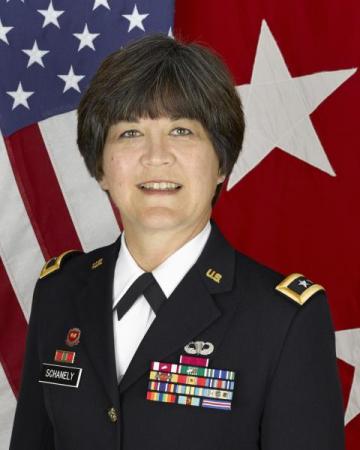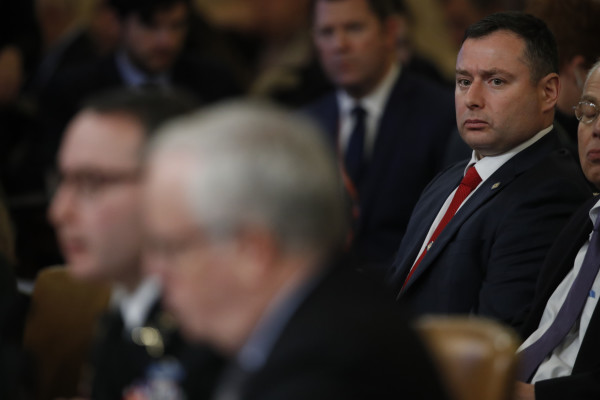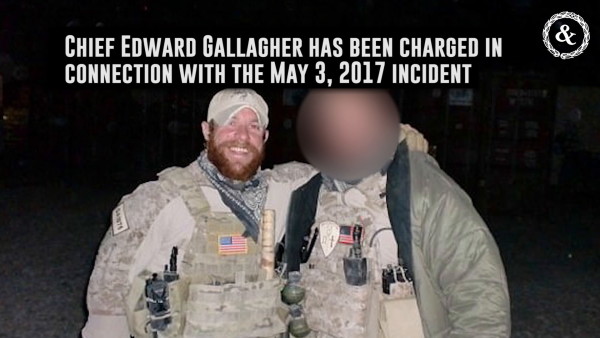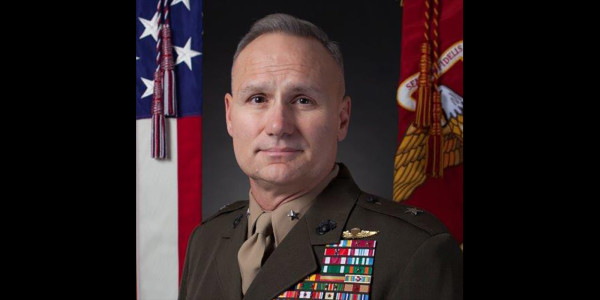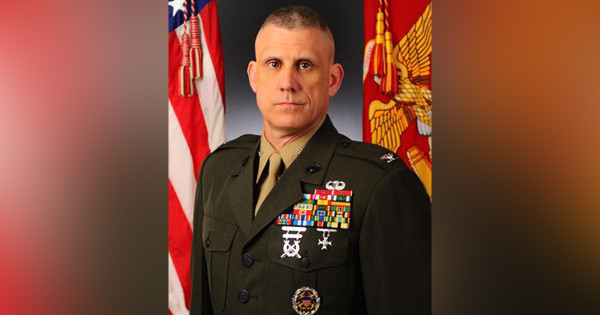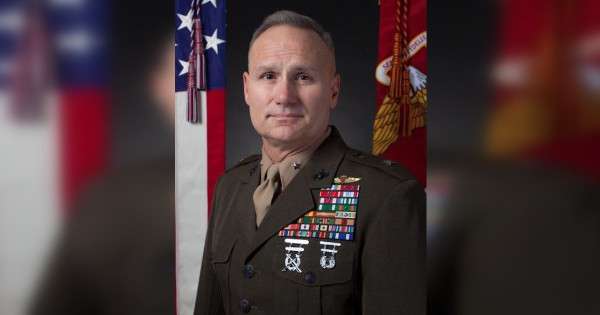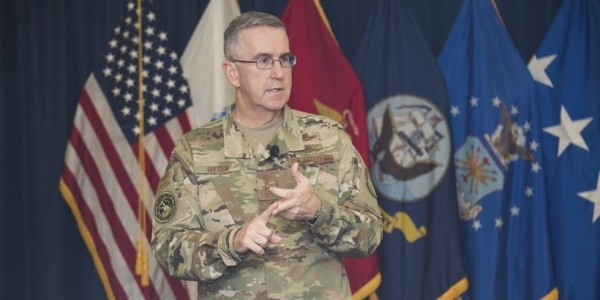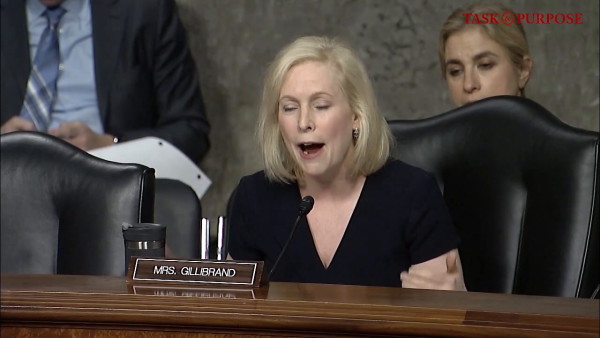The number of substantiated allegations of sexual misconduct against senior Army officials increased this year, according to an Army Inspector General report recently presented to service leaders and obtained by Task & Purpose.
The document, which lays out broad details of IG investigations undertaken in fiscal year 2019, looks at investigations specific to senior Army officials, which includes “promotable colonels, general officers and senior executives,” according to Army spokesman Lt. Col. Emanuel Ortiz.
According the document, the IG received 707 complaints against senior officials in fiscal year 2019, while only 26 of them involving 20 senior officials were substantiated. The Army declined to comment on those specific allegations or the actions taken since the receipt of each complaint.
While there was a 40% decrease in overall investigations of senior officials in 2018, the Army IG notes that there was “an increase in substantiated allegations for both sexual misconduct and personal misconduct” between 2018 and 2019.
The example the document gives for sexual misconduct or inappropriate relationships is an allegation that a senior official “engaged in adulterous relationships, inappropriate relationships, or committed sexual harassment.”
(Army Inspector General)
Sexual misconduct was the top substantiated allegation from 2015 to 2019.
The second most-frequent allegation against active-duty senior officials between 2015-2019 include personal misconduct, characterized as allegations such as public intoxication, making false statements, online misconduct, or committing theft.
The third and fourth most frequent allegations against senior leaders was failure to obey an order and misuse of government resources.
According to the report, allegations of reprisal are the top complaint the IG investigates.
The report will be used by senior leaders to “work toward proactively reducing misconduct, which has been declining overall,” Ortiz told Task & Purpose.
“The Army takes any allegation of sexual or personal misconduct seriously,” Ortiz said. “And holds individuals who violate established standards accountable.”




